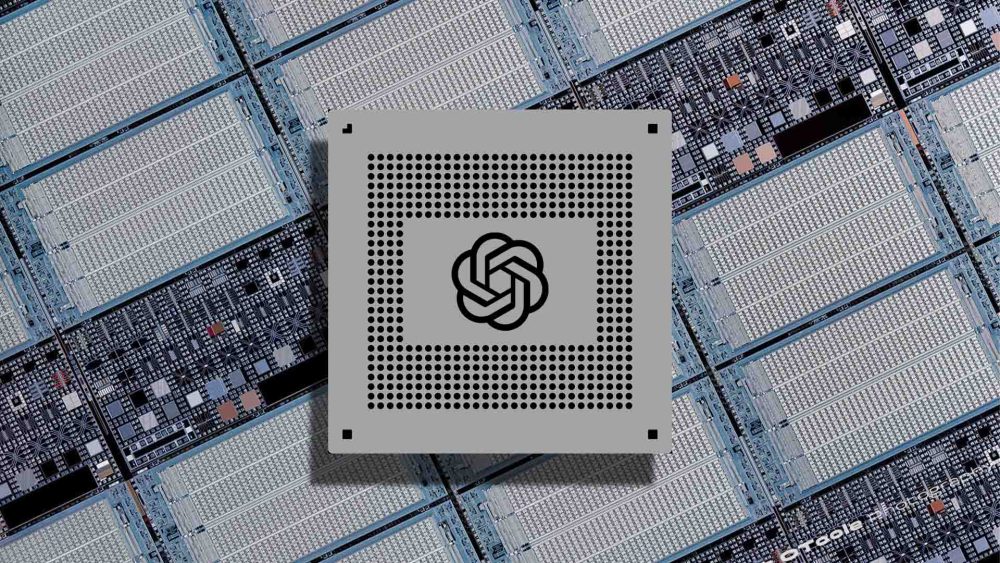OpenAI is nearing the completion of its proprietary AI processor development, aiming to lessen its dependence on Nvidia’s hardware. As reported by Reuters, the organization intends to submit its chip designs to Taiwan Semiconductor Manufacturing Co. (TSMC) for manufacturing in the upcoming months. Nevertheless, OpenAI has yet to make an official announcement regarding this initiative, and numerous technical specifics remain confidential.
The processor is anticipated to go through several iterations. By managing its chip production, OpenAI could enhance its bargaining position with suppliers and possibly attain long-term autonomy from external chip manufacturers.
Why OpenAI is Entering The Chip Market
OpenAI’s initiative to create custom AI hardware aligns with a trend established by prominent technology companies including Microsoft, Amazon, Google, and Meta. These organizations have all engineered AI acceleration chips to mitigate the escalating expenses associated with Nvidia’s high-performance GPUs and to alleviate supply constraints.
The initial reports regarding OpenAI’s pursuit of AI chip design emerged in October 2023. Since that time, CEO Sam Altman has been diligently seeking substantial investments—allegedly amounting to $7 trillion—to enhance global chip manufacturing capabilities.
Development Challenges
Creating a bespoke AI chip demands significant resources. Industry experts project that the expense for a single chip design may reach approximately $500 million, with supplementary costs for software and hardware development potentially increasing that total to around $1 billion.
The initiative is spearheaded by Richard Ho, a previous chip designer at Google, who is collaborating with a team of 40 engineers in partnership with Broadcom. TSMC, the manufacturer responsible for producing Nvidia’s Blackwell-series chips, will be tasked with fabricating OpenAI’s processor utilizing their advanced 3-nanometer technology. It is anticipated that these chips will feature high-bandwidth memory and networking functionalities akin to those found in Nvidia GPUs.
Expected Deployment and Potential Delays
OpenAI’s inaugural chip will primarily concentrate on AI inference, which involves executing AI models instead of training them. Initially, the deployment will be restricted, with mass production at TSMC anticipated to commence in 2026. Nevertheless, the initial set of chips may encounter technical challenges, necessitating further adjustments that could delay the schedule.
Growing Investments in AI Infrastructure
OpenAI’s foray into hardware development occurs against a backdrop of unprecedented investment in AI infrastructure by leading technology companies. Microsoft is set to invest $80 billion in AI infrastructure by 2025, while Meta has earmarked $60 billion for AI initiatives in the upcoming year.
Furthermore, OpenAI has unveiled its ambitious $500 billion “Stargate” project in partnership with SoftBank, Oracle, and MGX. This venture is designed to establish new AI data centers across the United States, underscoring OpenAI’s dedication to enhancing AI capabilities on a large scale.
In light of the surging demand for AI computing resources, OpenAI’s initiative to create its own AI chips signifies a strategic effort to achieve greater independence, cost-effectiveness, and sustainable growth.
For more daily updates, please visit our News Section.

